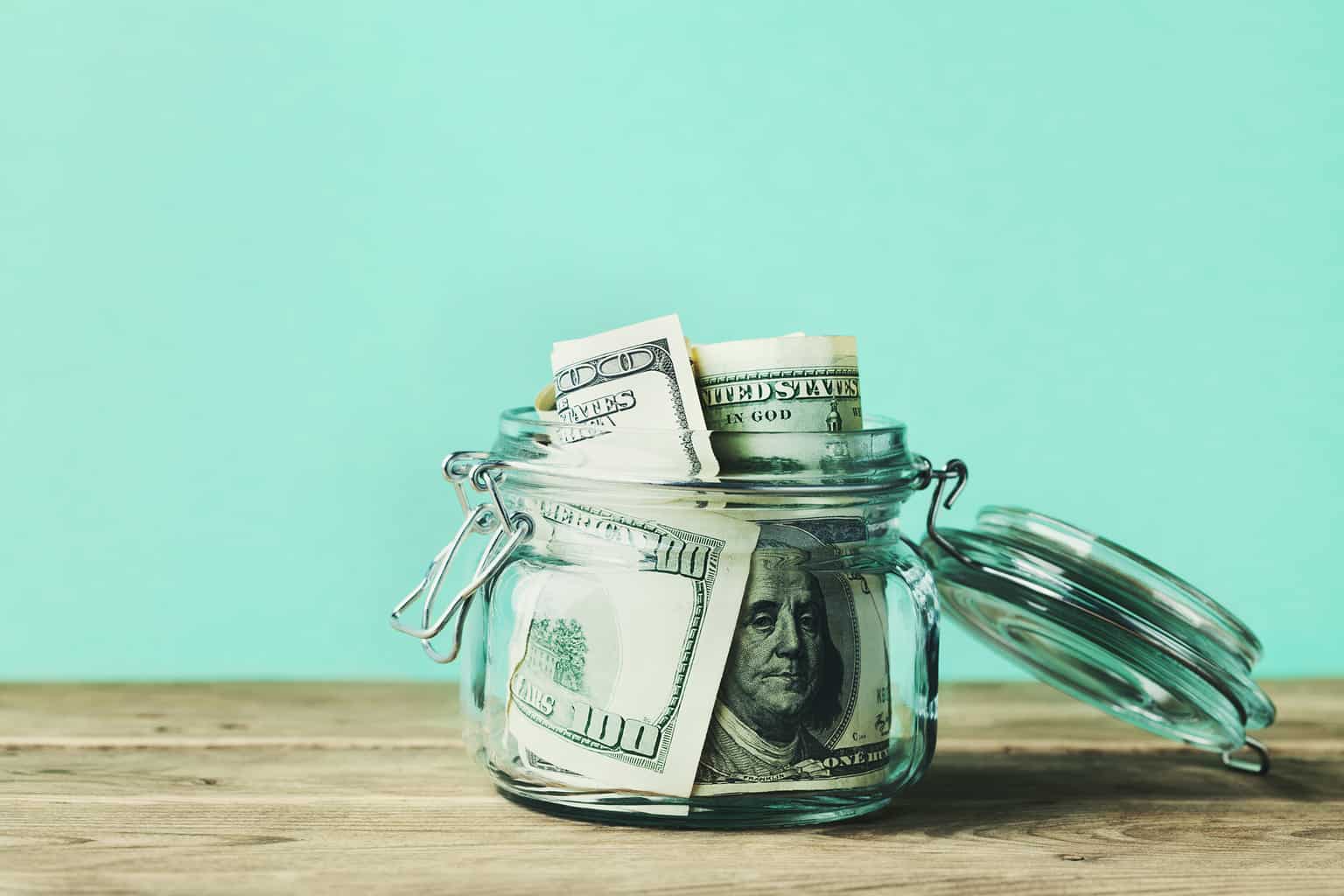
21 Mar Debt – It’s Not All Bad
![]()
One of the secrets to achieving financial freedom is learning to manage debt wisely. It used to be that having a credit card was a luxury or a rarity, but now most households have several of them. We can get exactly what we want today, regardless of whether or not we can actually afford it. If we’re not careful, we can become overextended on credit cards—it’s quite a slippery slope financially.
Just like any sin, a little is fun. We all like new stuff because it’s exciting to get new things. Current studies regarding brain research show how shopping activates key areas of the brain, making us feel better and boosting our mood, at least temporarily. Gazing into a beautifully decorated holiday window, or locating a hard-to-find toy, taps into the brain’s reward center, triggering the release of brain chemicals that give you a “shopping high.” This is where the term “retail therapy” comes from.
If you’re aware of the way your brain responds to shopping, it can help you make sense of the highs and lows of impulse shopping, avoid buyer’s remorse, and lower your risk for overspending. Shopping really can become addictive if you’re not careful. Under a mountain of stuff and debt, you may end up somewhere you never intended.
The Bible does not say that debt is a sin. However, debt essentially enslaves us to the one who provides the loan. Just like anything else that can be addictive if abused, a little is okay but a lot is overwhelming. At the same time, in some situations going into debt is a wise move financially. Debt can be used to purchase an item that will eventually lead you to financial freedom.
Examples of good debts are mortgages to purchase a home, or loans to start a business that will provide income for your family. As long as money is being handled wisely and the debt payments are manageable, it’s not sinful to take on debt. However, we’re required to pay back what we borrow. It’s very easy to take this lightly, but if we borrow it, the debt is our responsibility to pay back.
Obviously, in order to become financially independent, we have to save more money and spend less money. Taking out a loan is definitely an expense, especially if the interest rate on the loan is high. Please do not ever take on a debt, even a good debt such as a mortgage, if you cannot easily afford the monthly debt service payments based on your current income. In addition, if your income has a tendency to fluctuate from time to time, please take that fact into consideration as well before ever signing for a new loan.
Learning to avoid consumer debt is a paradigm shift for those who have gotten into the habit of putting everything on a credit card. Because credit cards are so easy to use, they can become a terrible temptation and financial snare to some people. If you find it difficult to pay your credit card balance in full each month, I advise you to cut up your credit card, work on paying off your current debt, and go to an all-cash system.
Some people keep credit cards for emergencies or international travel needs, but to avoid temptation, they will actually freeze the credit card in a block of ice! That way, if the temptation or legitimate need arises to use the credit card, they have to go through the trouble of defrosting it, literally, before they can use it. The frozen credit card is a deterrent that gives them time to consider whether or not the use of the credit card is a wise choice or not.
Friend, the takeaway here is to learn to control your spending,
not let your spending control you.
I want to advise you to do a self-evaluation of your spending habits. You’re the only person in the world who knows whether or not you have self-control when it comes to the use of credit cards. Having credit cards easily accessible in your purse or wallet at all times, may or may not cause you to spend money irresponsibly.
I want to be honest with you and tell you that I personally use credit cards. This may seem counterintuitive coming from the author of a book about personal finances. I personally use them for convenience. I purchase a lot of items included in my monthly budget with a credit card. For example, I use credit cards to pay expenses related to my children’s school, meal delivery services, and business expenses that require me to have a credit card to pay my bill online.
I also enjoy the benefits of airline miles as rewards for every dollar I spend. This rewards program saves my family thousands of dollars in travel expenses each year. Traveling and seeing the world is one of our passions. We look for ways to make it as affordable as possible.
I also use credit cards because I’ve learned to be disciplined and pay them off every month. As a result, I never pay late fees or interest on my purchases. I know that anything I charge on my credit card has to be included in my monthly budget. This is non-negotiable.
Take some time to reflect on this discussion about the use of credit cards and the management of all types of debt, both good and bad. If you’re married, please consider having an open and honest conversation with your spouse. Communication and honesty are very important when discussing issues that can either “make you or break you” financially.
If you want to dig deeper and have a much better understanding of how to achieve true financial freedom and manage debt wisely, then I encourage you to purchase a copy of my newly released book: Faithful Finance: 10 Secrets to Move from Fearful Insecurity to Confident Control.


